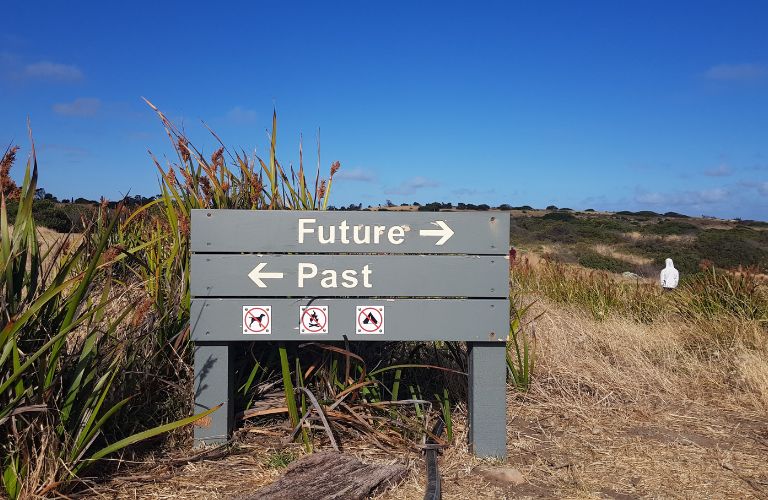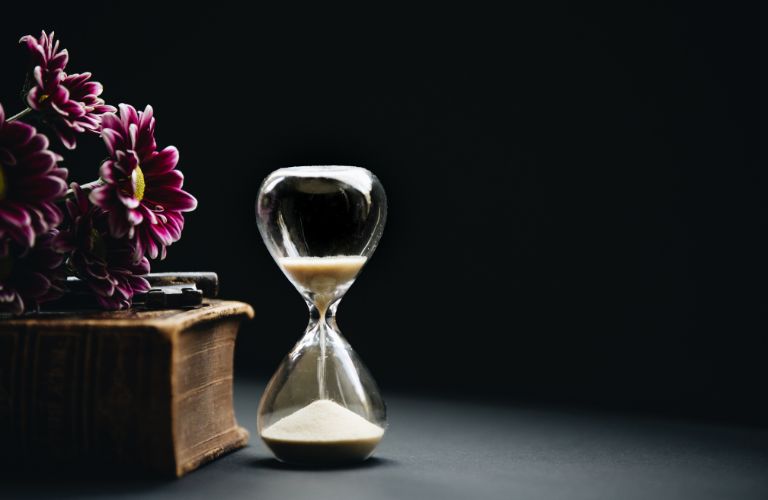Why Stay in the Present and Not in the Past or Future?
In the ever-changing landscape of modern life, it’s common for individuals to find themselves dwelling in the past or consumed by the uncertainties of the future. While reminiscing about the past and planning for the future can be beneficial in moderation, excessive preoccupation with either can lead to negative consequences. These can affect even the best of minds in the long run.
This blog explores the detrimental effects of living in the past and the future and emphasizes the significance of staying anchored in the present. Keep reading to find out why we should try our best to stay rooted to the present.
The Pitfalls of Living in the Past
Living in the past often involves a constant revisiting of past events and memories. While nostalgia can evoke feelings of warmth and familiarity, excessive dwelling on the past can inhibit personal growth. Regret and nostalgia may cloud judgment and hinder our ability to make sound decisions in the present.
Repeatedly rehashing past mistakes may also result in increased stress and anxiety, leading to a cycle of negativity that prevents moving forward.

The Risks of Living in the Future
A fixation on the future can be equally problematic. Constantly worrying about what lies ahead can lead to heightened levels of stress and uncertainty. Fear of the unknown may paralyze individuals from taking risks and pursuing opportunities, which are essential for personal and professional development.
Moreover, a preoccupation with the future can rob people of the joys and experiences that are happening in the present moment.
So, what’s the best way to live our life in the best way possible?
[4-minute read: The Art of Practicing Mindfulness – Positive Impacts on Well-being]
Embracing the Power of the Present
Staying present doesn’t mean abandoning all thoughts of the past and the future. Instead, it involves mindfulness and the ability to appreciate and engage fully in the current moment. Here are some reasons why staying present is crucial for overall well-being:
Enhanced Emotional Well-being: Mindfulness allows us to acknowledge our emotions without becoming overwhelmed by them. Being present fosters emotional intelligence and helps in coping with stress more effectively.
Improved Relationships: Being fully engaged in the present with others enables better communication and connection, leading to stronger and more meaningful relationships.
Increased Productivity: By focusing on the task at hand, we can maximize their productivity and efficiency. Distractions from the past and future can hinder our performance and creativity.
Heightened Self-Awareness: Being present allows us to better understand ourselves, our desires, and our goals, leading to a more authentic and fulfilling life.
Gratitude and Contentment: Embracing the present moment fosters gratitude for the little things in life, promoting a sense of contentment and overall happiness.

Let’s Leave the Past Where it Was and be Hopeful for the Future While Living in the Present
While reflecting on the past and planning for the future are natural aspects of the human experience, dwelling excessively in either realm can have negative effects on our well-being. The power of the present lies in its ability to provide a sense of grounding, clarity, and contentment.
By cultivating mindfulness and embracing the present moment, we can experience the true richness of life and unlock our full potential for growth and happiness.
So, let us strive to cherish the past for the lessons it taught us and approach the future with hope, but always anchor ourselves firmly in the present to lead a more fulfilling and purposeful life.
[Also read: What is the Science Behind Mental Stress? How to Handle Stress?]

